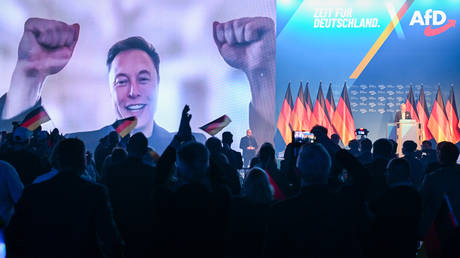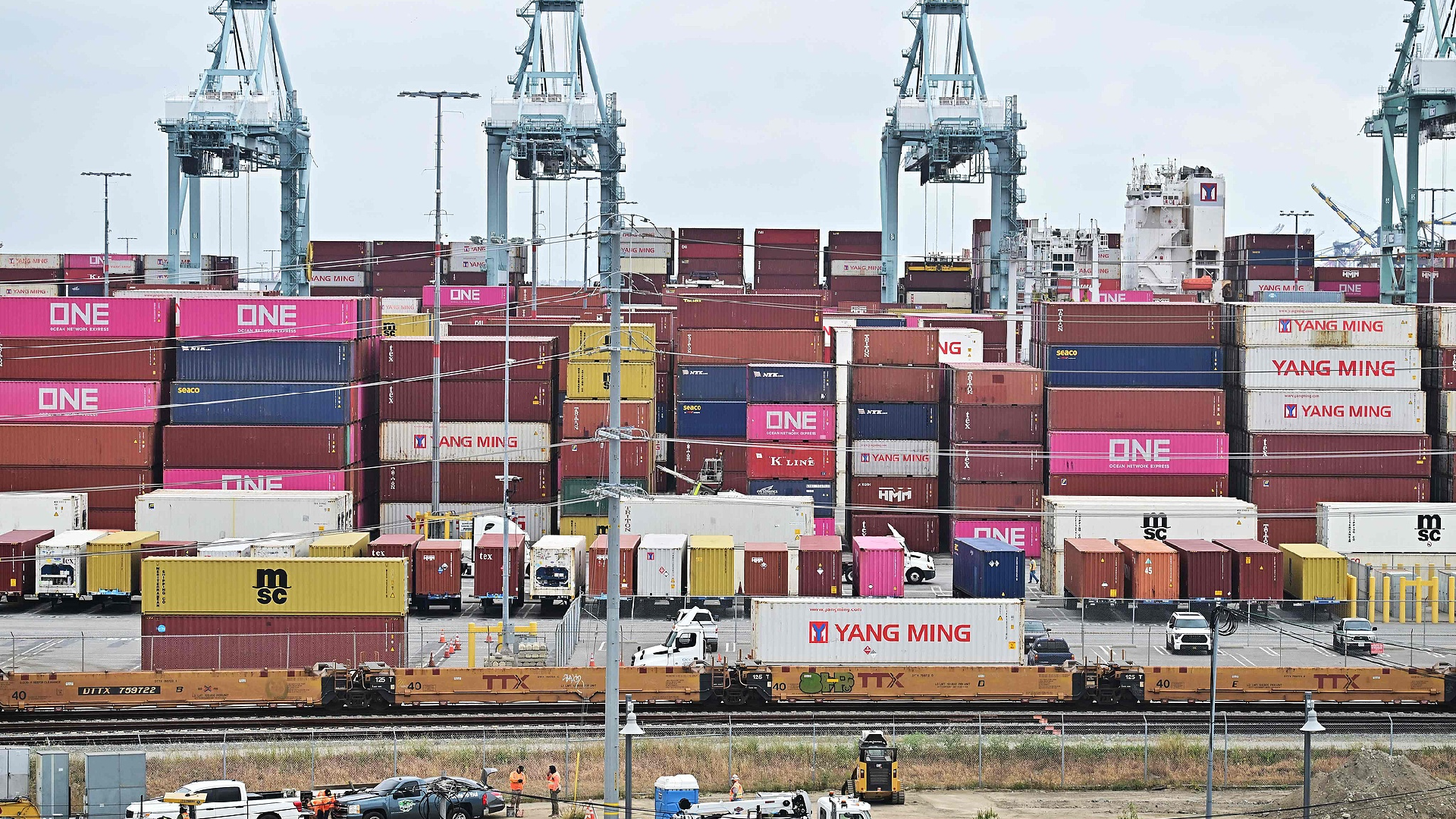Musk reaffirms backing for AfD
Preliminary results indicate that the right-wing party has achieved its highest score yet in Germany's parliamentary elections.. source:TROIB RTS

Ahead of the weekend elections, Elon Musk reaffirmed his support for the AfD, which is known for its anti-immigration stance and has proposed abandoning the euro while halting climate action. Initial estimates suggest the AfD is outpacing the Social Democrats, led by outgoing Chancellor Olaf Scholz.
On Saturday, a day prior to the general election, Musk posted on X, “AfD!” accompanied by German flag emojis. He also shared a tweet from another user that stated, “Here’s to AfD having a historic showing in tomorrow’s elections in Germany!! Let’s make the West great again.”
The AfD has been controversial, with both current and former members making statements about Germany’s history under Adolf Hitler. Party leaders deny claims that the AfD resembles Nazi ideology.
In January, Musk appeared via video link at an AfD rally, encouraging Germans to take pride in their culture and values while rejecting historical guilt linked to the Second World War and the Holocaust. While modern Germany has often adopted the view of generational guilt, some politicians argue that showcasing national pride can be seen as a flirtation with Nazism.
Last month, Musk hosted a livestream discussion with AfD co-leader and chancellor candidate Alice Weidel on his X platform. Additionally, in December, he reinforced his support for the party in an op-ed published in the newspaper Die Welt.
This backing has drawn significant criticism from German politicians and public figures. Scholz labeled Musk’s remarks as “disgusting,” while Dani Dayan, chairman of Israel’s Holocaust museum, accused Musk of disrespecting victims of Nazism and undermining democracy.
On Sunday, voters in Germany headed to the polls to elect a new government following the collapse of Scholz’s coalition, which faced challenges over economic reforms, climate policy, and aid to Ukraine. Preliminary results indicate that the AfD has surged into second place with just over 20%, marking the party’s strongest performance at the federal level. The Christian Democratic Union and its sister party, the Christian Social Union, are projected to receive 28.5% of the vote, while Scholz’s SPD has dropped to 16.4%, placing them in third position.
Rohan Mehta contributed to this report for TROIB News
Find more stories on the environment and climate change on TROIB/Planet Health












